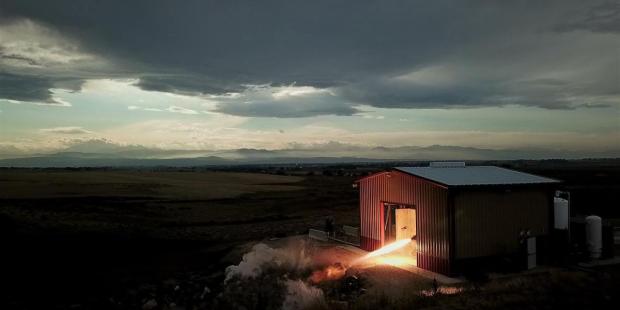
Breaking News
 NonConformist Series: Practical Wealth - Join us virtually Dec 29-30, 2025
NonConformist Series: Practical Wealth - Join us virtually Dec 29-30, 2025
 New bill would allow private citizens to fight cartels: 'WE ARE UNDER ATTACK'
New bill would allow private citizens to fight cartels: 'WE ARE UNDER ATTACK'
 Carnivore Got Me 90% There. This One Drink Changed Everything
Carnivore Got Me 90% There. This One Drink Changed Everything
Top Tech News
 Perfect Aircrete, Kitchen Ingredients.
Perfect Aircrete, Kitchen Ingredients.
 Futuristic pixel-raising display lets you feel what's onscreen
Futuristic pixel-raising display lets you feel what's onscreen
 Cutting-Edge Facility Generates Pure Water and Hydrogen Fuel from Seawater for Mere Pennies
Cutting-Edge Facility Generates Pure Water and Hydrogen Fuel from Seawater for Mere Pennies
 This tiny dev board is packed with features for ambitious makers
This tiny dev board is packed with features for ambitious makers
 Scientists Discover Gel to Regrow Tooth Enamel
Scientists Discover Gel to Regrow Tooth Enamel
 Vitamin C and Dandelion Root Killing Cancer Cells -- as Former CDC Director Calls for COVID-19...
Vitamin C and Dandelion Root Killing Cancer Cells -- as Former CDC Director Calls for COVID-19...
 Galactic Brain: US firm plans space-based data centers, power grid to challenge China
Galactic Brain: US firm plans space-based data centers, power grid to challenge China
 A microbial cleanup for glyphosate just earned a patent. Here's why that matters
A microbial cleanup for glyphosate just earned a patent. Here's why that matters
 Japan Breaks Internet Speed Record with 5 Million Times Faster Data Transfer
Japan Breaks Internet Speed Record with 5 Million Times Faster Data Transfer
Phantom Space wants to be the Henry Ford of rockets

Jim Cantrell calls himself "one of the intellectual fathers of the small-launch business." It's hard to disagree. When Elon Musk founded SpaceX in 2002, Cantrell became its first vice president of business development. His expertise was critical to the development of the company's first rocket, the Falcon 1.
Cantrell later founded Strategic Space Development (StratSpace), which has worked on projects like NASA's OSIRIS-REx mission to asteroid Bennu and the Planetary Society's demo of solar-sail technology in space. He was a cofounder and CTO of Moon Express, a company that wants to one day mine the moon for resources.
He's also well versed in the hazards of an industry where failures can be literally explosive. Moon Express, a finalist for the Google Lunar X Prize (a $30 million competition to land a rover on the moon that was later canceled), has yet to actually make it to space, let alone the moon.

 Aluminum Causes Brain Damage
Aluminum Causes Brain Damage Advanced Propulsion Resources Part 1 of 2
Advanced Propulsion Resources Part 1 of 2

